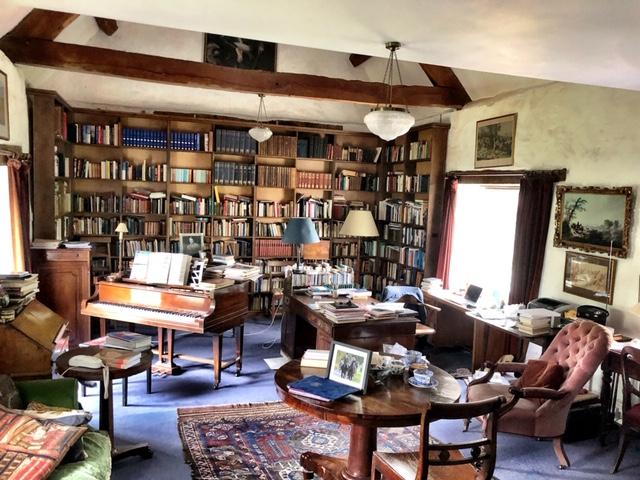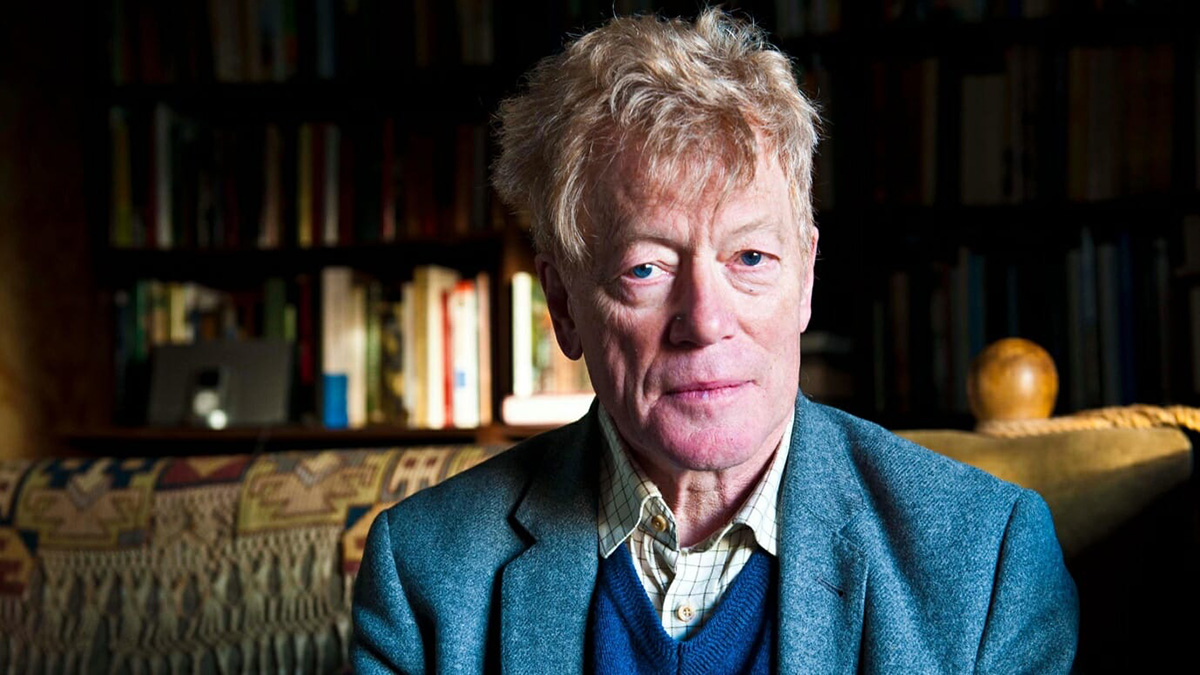To save being asked in the comments, I may as well start this post with an update on my own situation. As my story travelled the globe, I turned my phone off on Saturday evening and took my family to church on Sunday. This week I’ve focused on my work and have spent my spare time on the ongoing quest for answers. I’d like to thank everyone for their universal messages of support.
Next to my bed lies a stack of books, the one on top right now is The Meaning of Conservatism by the late Sir Roger Scruton. It’s my dad’s copy, the first book on conservatism he ever read. For Sir Roger, conservatism was not merely about politics. He was a philosopher and intellectual whose interests were in love and beauty, in the transcendent and the cosmic.
He changed the way I look at the world. Everything from the classics, traditions, faith, culture, music, literature, and architecture are now windows into humanity’s reach for transcendence.
Sir Roger Scruton will be remembered as one of the greatest conservative thinkers of our time. Not because he crafted his own ideology, but because he demonstrated the joy of the conservative worldview and a life in harmony with the natural order. A life based on the recognition of the other, rather than gratification of the self.

He brought the word oikophobia—”the repudiation of inheritance and home”—into the political discourse. He saw something very dangerous in a society that could not hold itself together, ripped apart by those who reject the privileges gifted from those who have gone before us.
My own introduction to Sir Roger Scruton was a documentary he made in 2008, “Why Beauty Matters.” The BBC has attempted to purge this work, but it’s been kept alive by his Brazillian fans, the very ones who I suspect put Jair Bolsonaro in power:
This documentary is a brief hour of your life you will neither forget nor regret. It’s inspired me on many an occasion to pause and fully appreciate beauty and to study and feel the meaning of great works.
As much as I love Lady Thatcher, Sir Scruton was instrumental in preventing the reduction of conservatism to mere market economics (known formally as neo-liberalism). It’s not that conservatism is incompatible with the free market, but at its heart, conservatism deals with things that are sacred and should be held back from the market. So Scruton became a defender of the idyllic countryside, an opponent of concrete sprawl and modern design, a defender of love as something that should not be bought or sold, and an opponent of the ugliness of postmodernism.
Sir Roger Scruton understood the role of beauty as indispensable for human flourishing, inextricably linked to the formation of our loves. He taught that beauty is objective and that its lack of utility is precisely what makes it important when it comes to understanding the divine.
Of course, the woke mob inevitably came for him too and likely played a role in his demise as he struggled through illness over the last year of his life.
“Once identified as right-wing you are beyond the pale of argument; your views are irrelevant, your character discredited, your presence in the world a mistake. You are not an opponent to be argued with, but a disease to be shunned. This has been my experience.”
Sir Roger Scruton
Sir Roger Scruton wrote a large number of books, composed music, and leaves us numerous insights, articles, and interviews. What he does not leave behind is a British conservative intellectual who can match him.
If you enjoyed this BFD article please consider sharing it with your friends.

